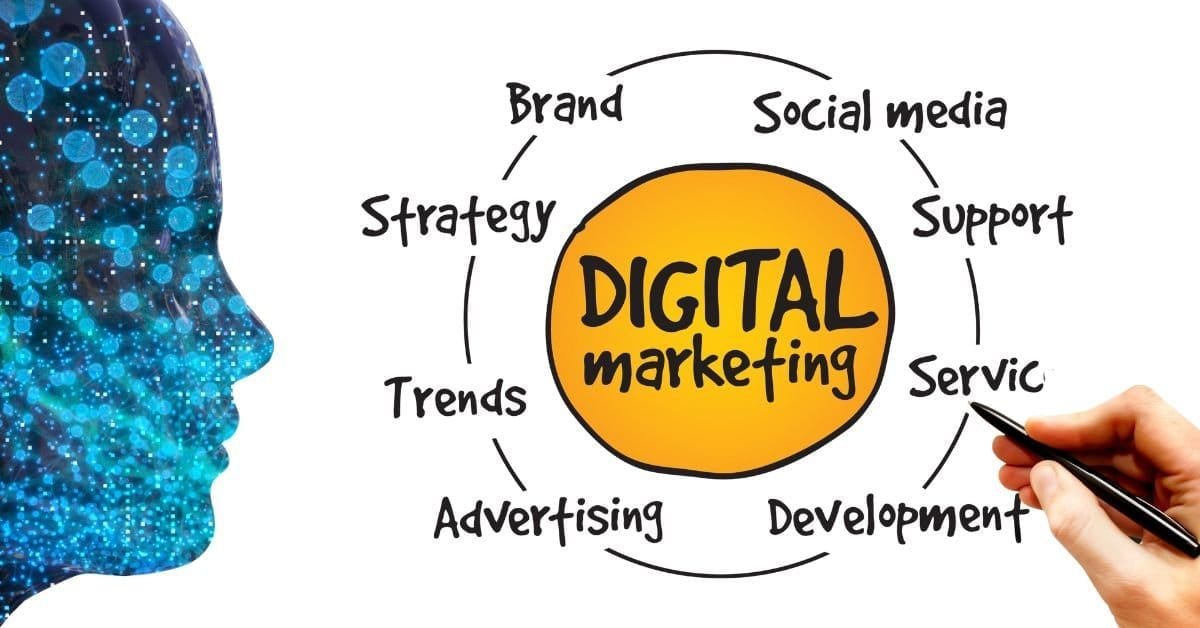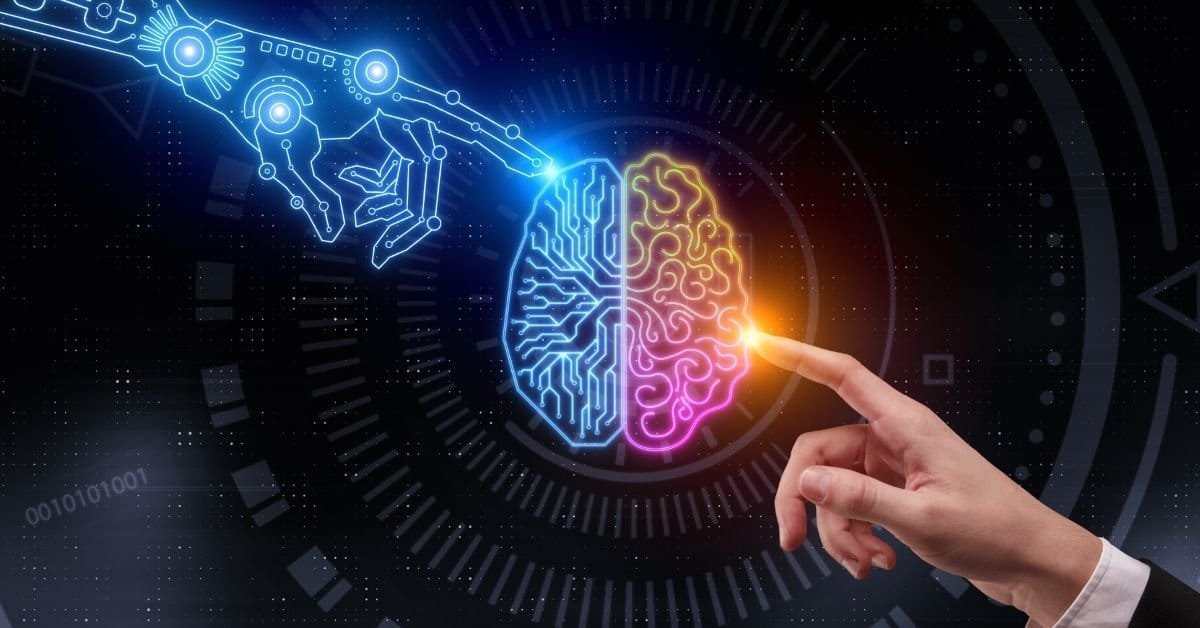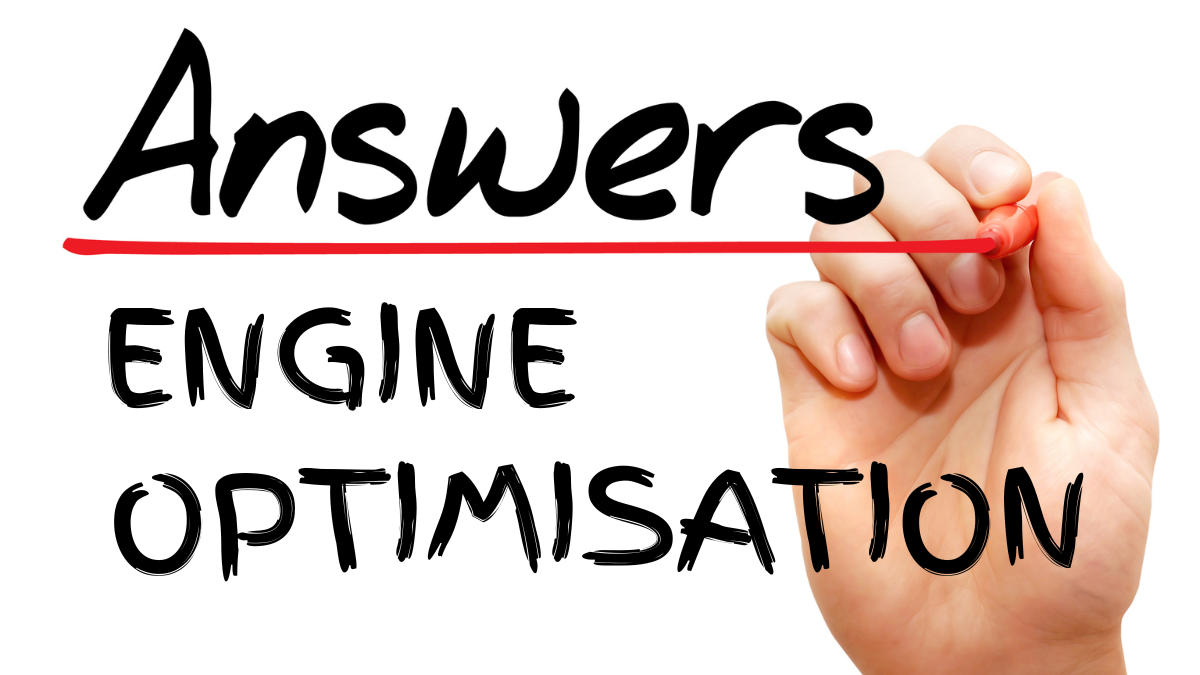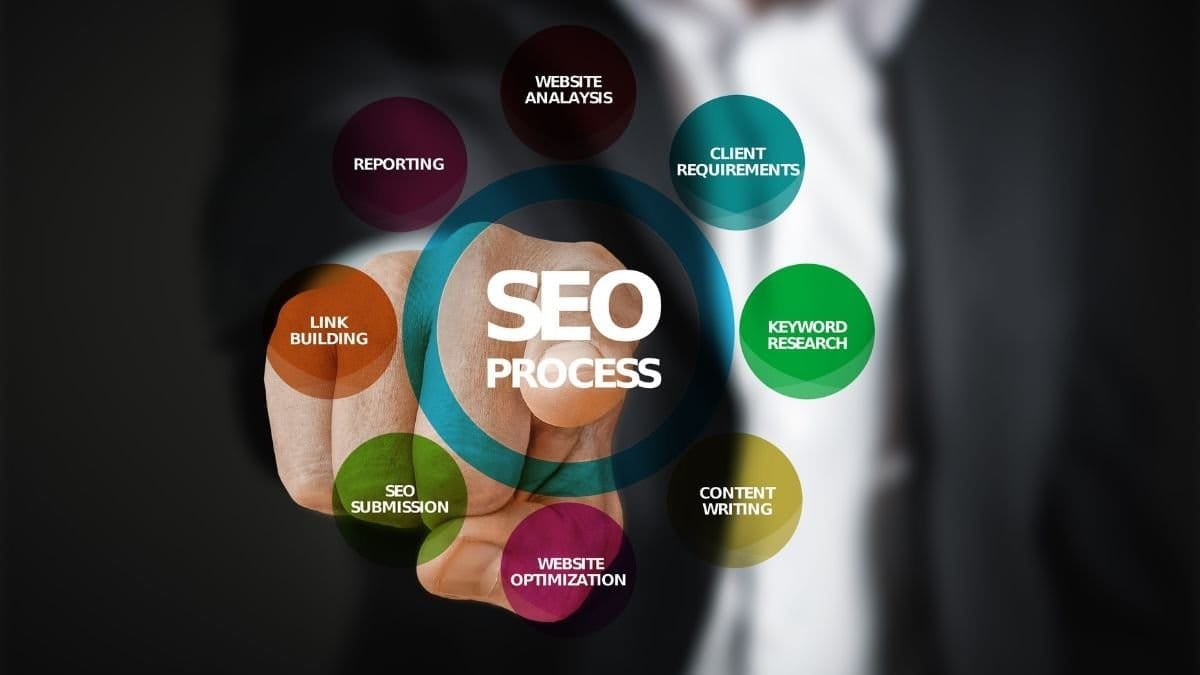The world of digital marketing has experienced rapid technological advancements in recent years, with artificial intelligence (AI) emerging as a transformative tool. AI is revolutionizing the way businesses enhance their online presence, engage customers, streamline operations, and gain a competitive edge. In this article, we explore the impact of AI on digital marketing and the myriad ways it is reshaping the industry.
AI in Digital Marketing: A Brief Overview
AI refers to machines’ ability to learn from data and perform tasks that typically require human intelligence, such as reasoning, problem-solving, and decision-making. In the context of digital marketing, AI is leveraged to analyze vast amounts of data, generate actionable insights, personalize customer experiences, and automate repetitive tasks. Here are some key applications of AI in digital marketing:
1. Chatbots
AI-powered chatbots are now a staple for providing 24/7 customer support. They handle basic queries, process transactions, and interact with customers in real-time, freeing up human agents to focus on complex issues. Advanced chatbots can even adapt to user behavior, improving their responses over time.
2. Personalization
AI allows businesses to deliver hyper-personalized experiences by analyzing customer behavior, preferences, and past interactions. Personalized product recommendations, targeted content, and customized email campaigns increase customer satisfaction and conversion rates.
3. Content Creation
AI tools can automate the content creation process, from generating headlines and writing blog posts to optimizing content for search engines. This reduces the time and resources required for content production while maintaining high-quality outputs.
4. Predictive Analytics
AI-powered analytics tools analyze historical data to predict future trends, customer behavior, and market opportunities. Businesses can use these insights to make data-driven decisions, optimize their strategies, and mitigate potential risks.
The Impact of AI on Digital Marketing
AI’s impact on digital marketing is profound, revolutionizing the way businesses operate. Here are some key areas of transformation:
1. Enhanced Personalization
AI enables businesses to create tailored experiences that resonate with individual customers. From personalized product recommendations to dynamic website content, these experiences improve customer engagement and drive loyalty.
2. Improved Customer Engagement
AI-powered tools like chatbots and virtual assistants allow businesses to interact with customers on a personal level. By providing instant responses and tailored solutions, these tools enhance customer satisfaction and retention.
3. Increased Efficiency
Automating repetitive tasks like data analysis, email marketing, and ad targeting allows businesses to focus on strategic initiatives. This improved efficiency translates into cost savings and a higher return on investment (ROI).
4. Better Decision-Making
Predictive analytics tools help businesses anticipate market trends, identify opportunities, and allocate resources effectively. By leveraging these insights, businesses can refine their strategies and stay ahead of competitors.
Challenges of AI in Digital Marketing
While AI offers numerous benefits, it also presents challenges that businesses must address:
1. Data Privacy
AI relies heavily on customer data, raising concerns about privacy and compliance with regulations like GDPR and CCPA. Businesses must implement robust data protection measures and ensure transparency in data usage.
2. Algorithmic Bias
AI systems are only as objective as the data they are trained on. Biased data can lead to discriminatory outcomes, undermining trust and credibility. Ensuring diverse and representative datasets is crucial.
3. Complexity
Implementing AI solutions can be technically challenging and resource-intensive. Businesses need skilled professionals and robust infrastructure to integrate AI effectively.
4. Cost
AI-powered tools and systems can be expensive to deploy and maintain. Smaller businesses with limited budgets may struggle to justify the investment.
The Future of AI in Digital Marketing
As AI technology evolves, its influence on digital marketing will only grow. Here are some trends shaping the future:
1. Hyper-Personalization
AI will enable even more precise personalization, delivering real-time content tailored to individual user contexts and preferences.
2. Voice Search Optimization
With the rise of voice assistants like Alexa and Siri, businesses must optimize their content for conversational, voice-based queries. AI will play a pivotal role in understanding and responding to these queries effectively.
3. Augmented Reality (AR)
AI-powered AR tools will create immersive experiences, allowing customers to visualize products in their environment before purchasing. This technology is expected to redefine e-commerce and marketing.
4. Advanced Analytics
AI will provide deeper insights into customer behavior, enabling businesses to predict trends with greater accuracy and make more informed decisions.
5. Ethical AI Practices
As AI adoption increases, businesses will prioritize ethical practices, ensuring transparency, accountability, and inclusivity in their AI-powered solutions.
Conclusion
Artificial intelligence is revolutionizing digital marketing, offering innovative tools to enhance customer engagement, streamline operations, and drive growth. From chatbots and personalization to predictive analytics and AR, AI is transforming how businesses connect with their audience. While challenges like data privacy and implementation costs exist, the benefits of AI far outweigh the drawbacks.
As AI continues to evolve, its potential to shape the future of digital marketing is immense. Businesses that embrace AI’s capabilities today will be well-positioned to thrive in an increasingly competitive and dynamic marketplace. By leveraging AI strategically, companies can unlock new opportunities, deliver exceptional customer experiences, and secure long-term success.
















